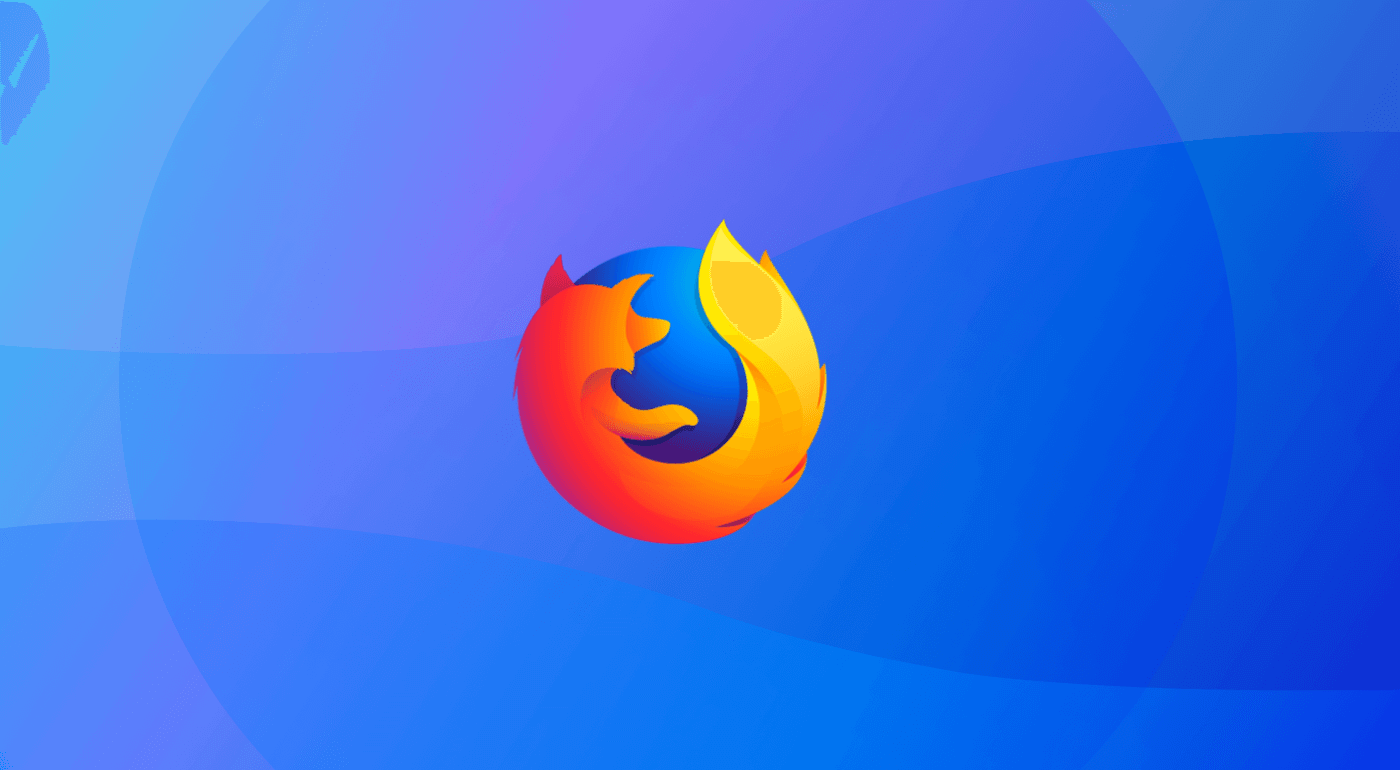

Mozilla, however, is more receptive to other planned changes from Google.

Why are fervid Googlers making ad-blocker-breaking changes to Chrome? Because they created a monster – and are fighting to secure it READ MORE Those other three browser makers have said they intend to work around Google's changes to the blocking webRequest API. Mozilla offers Firefox developers the Web Extensions API, which is mostly compatible with the Chrome extensions platform and is supported by Chromium-based browsers Brave, Opera and Vivaldi. These limitations negatively impact content blockers because modern content blockers are very sophisticated and employ layers of algorithms to not only detect and block ads, but to hide from the ad networks themselves." "This API impacts the capabilities of content blocking extensions by limiting the number of rules, as well as available filters and actions. "In its place, Google has proposed an API called declarativeNetRequest," explains Caitlin Neiman, community manager for Mozilla Add-ons (extensions), in a blog post. The most significant change under Manifest v3 is the deprecation of the blocking webRequest API ( except for enterprise users), which lets extensions intercept incoming and outgoing browser data, so that the traffic can be modified, redirected or blocked.


 0 kommentar(er)
0 kommentar(er)
